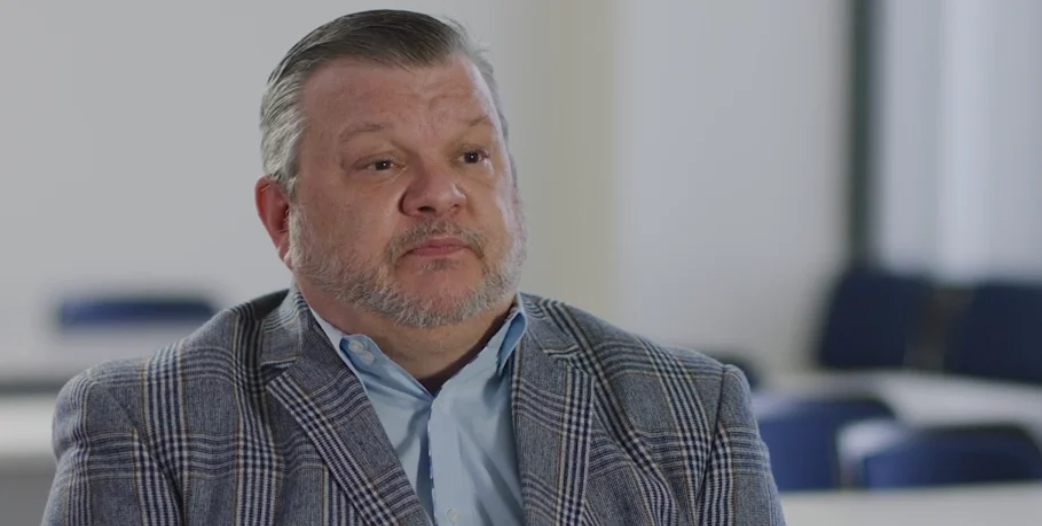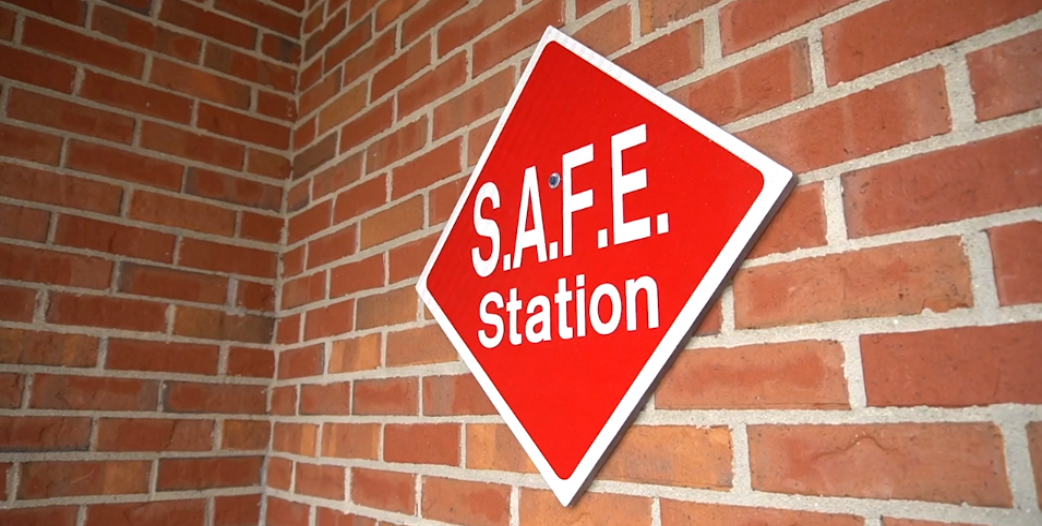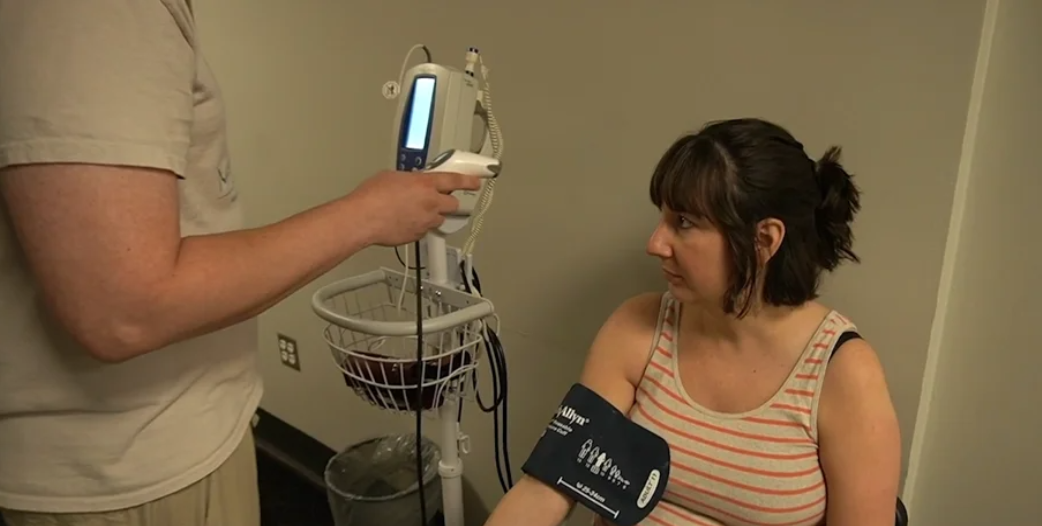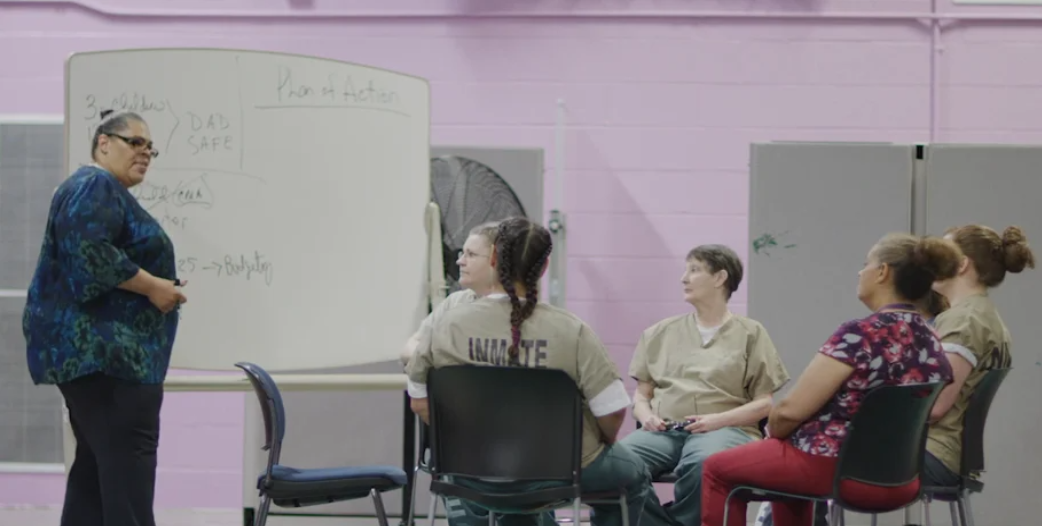Columbus & Franklin County Addiction Plan: Virtual Site Visit to Franklin County, Ohio
Maryhaven Addiction Stabilization Center: A Model Program Operating in the Heart of the Epidemic
Through firefighters’ transport of clients to MASC, the Whitehall Division of Fire offers 24/7 access to treatment through the S.A.F.E. Station program.
"The ones who haven’t stopped trying, no matter how many times they’ve relapsed, that’s a success."
—Ruqiayah Carse, Patient Care Assistant, MASC
"They start feeling again and becoming people that are planning for the future. They have hope again."
—Crystal Bigley, Counselor, MASC)
COLUMBUS & FRANKLIN COUNTY ADDICTION PLAN: VIRTUAL SITE VISIT TO FRANKLIN COUNTY, OHIO

Sequential Intercept Mapping Process: Bringing Everyone to the Table
Sequential intercept mapping is a cross-system exercise to identify potential opportunities to divert people with mental illness and substance use disorders from the criminal justice system to treatment at five intercept points, from pre-arrest through reentry. It brings together community stakeholders to examine resources, needs, current efforts, and gaps. The process promotes stakeholder collaboration to identify solutions to address gaps and issues across all intercept points.

S.A.F.E. Station: A Successful Program Connecting Individuals in Crises to Assistance
The Stop Addiction for Everyone (S.A.F.E.) Station program is a collaborative effort among the Whitehall Division of Fire, the Whitehall Division of Police, the Heart of Ohio Family Health Center, and the Maryhaven Addiction Stabilization Center. The program provides a safe and discreet way to access treatment by facilitating treatment linkages and transport to individuals with substance use disorders.

Maryhaven Addiction Stabilization Center: A Model Program Operating in the Heart of the Epidemic
The Maryhaven Addiction Stabilization Center (MASC) is a S.A.F.E. Station partner and was established as a direct outcome of the Franklin County Opiate Crisis Community Action Plan. MASC offers immediate care to stabilize people who overdose or seek treatment and opened as a first-of-its-kind effort to relieve the strain on hospital emergency departments, providing those with opioid use disorders quick access to treatment and recovery options, including subsequent long-term services.

Pathways: A Community of Rebuilding
Pathways is a women’s program at the Franklin County Correctional Center II in Ohio. Pathways includes pre- and post-release programming. The pre-release program begins with an 8-week intensive curriculum blending cognitive behavioral therapy, recovery management, and a variety of prosocial activities.

Medication-Assisted Treatment Program: A Collaborative Approach in Franklin County
The Franklin County Municipal Court Medication-Assisted Treatment (MAT) Program was established in July 2018 and is a voluntary program for individuals on probation (or those who will be on probation). MAT is used as an integral part of the Franklin County Municipal Court’s process, and a clinic is located inside the courthouse. Since the time of filming this virtual tour, the MAT program has expanded and is now known as the MAT Assessment, Research, Care, and Hope (MARCH) program.

The Power of HOPE and ODMAP in Franklin County: Supporting Recovery, Saving Lives, Improving Public Safety
The Heroin Overdose Prevention and Education (HOPE) Task Force uses enforcement, education, and prevention to combat the heroin epidemic. Detectives treat opiate overdose scenes as crime scenes and investigate the source of the supply of drugs that caused an overdose. The HOPE Task Force collaborates with community providers and organizations to refer those with substance use disorders to treatment.



